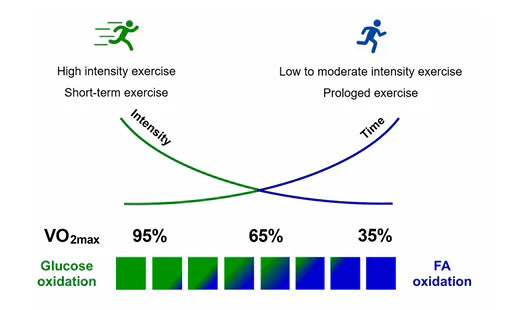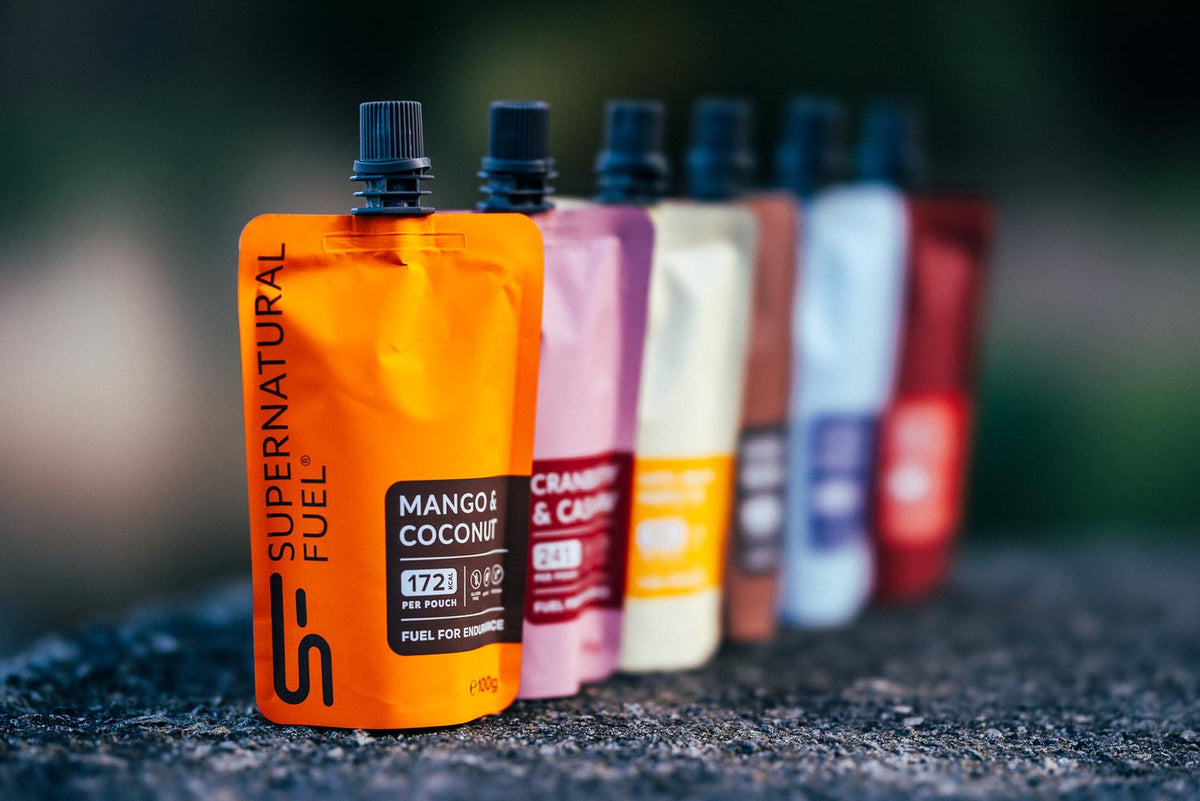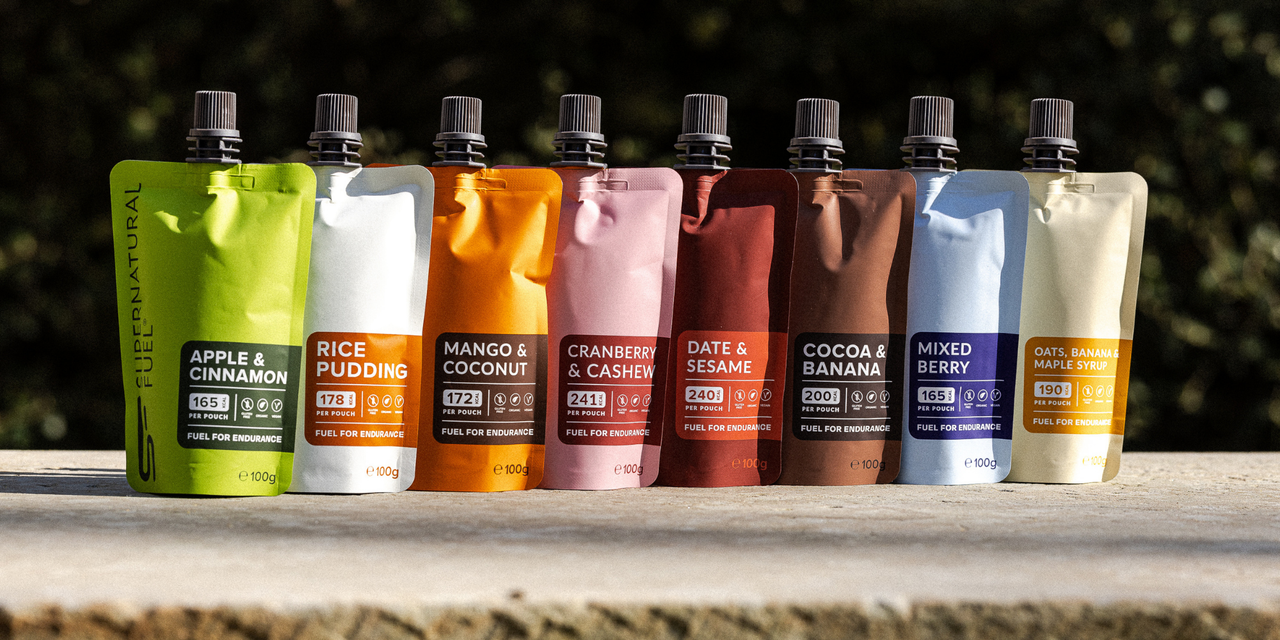How to fuel a race like the Nice Côte d'Azur

Supernatural Fuel keeps my energy steady for longer efforts, without the gut issues. Real ingredients I can trust.
Varying Demands for Fuelling

Supernatural Fuel keeps my energy steady for longer efforts, without the gut issues. Real ingredients I can trust.
Thus for a long distance ultra run the body will be consuming both carbohydrates and fats and the majority of people, will be leaning towards a higher fat burning rate, particularly for the longer ultras of 50 miles upwards.
It makes sense then, that for these longer, lower intensity runs you should consume a combination of carbohydrates, protein and fats to provide the optimal balance of macro nutrients to fuel your body over these distances. And it’s no coincidence that this is what our bodies have evolved to eat.
How much fuel is needed?

Supernatural Fuel keeps my energy steady for longer efforts, without the gut issues. Real ingredients I can trust.
Keep well hydrated to aid blood flow to the gut. Eat small amounts but often to try to maintain the calorie and carbohydrate intake figures provided earlier. To do this you will need to experiment with eating during your training to find the foods that you are able to tolerate for long periods of time. It is best to have a good variety of sweet and savoury foods that remain appetizing even when you are not keen to eat. This is likely to be in the form of carbohydrate and electrolyte drinks, energy bars, chews and gels and different easy to eat sweet and savoury whole foods or snacks. Unsurprisingly, studies have shown that those who are able to drink and eat more throughout the course of an ultra race perform better overall. It is also vitally important to replace electrolytes lost through sweating throughout the race and, again, as everyone sweats at different rates and lose different % of salts, you will need to experiment to find the best foods and supplements that you are able to consume over long periods that your body can tolerate to replace sodium, magnesium and potassium losses. Sweat testing is available to determine what levels of electrolytes are lost when you sweat to better inform what you need to be consuming during training and races.
Proteins and Fats

Supernatural Fuel keeps my energy steady for longer efforts, without the gut issues. Real ingredients I can trust.
Designed for endurance sports, Supernatural Fuel energy pouches have a number of benefits over other nutrition products on the market:
No GMO or pesticides
They are made from organic blended whole foods so they are nutritious and have no GMO or pesticides.
All the macro ingredients are included
They contain carbohydrates, protein and fats, all the macro nutrients needed to fuel your body for prolonged periods.
Easier Digestion
They are blends so easier to eat and digest on the move than bars and other solid foods.
Prolonged Energy Release
Because they contain complex and simple carbohydrates as well as protein and fats they provide prolonged energy release when compared to glucose/fructose gels which provide spikes and subsequent drops in energy.
No additives
They have had minimal processing have no additives whatsoever, so they sit well in your stomach and won’t contribute to GI issues.
We ship to Europe and the UK
-
 Build-a-Box of 8£26.40£26.40
Build-a-Box of 8£26.40£26.40£0.00 -
 Build-a-Box of 16£49.60£49.60
Build-a-Box of 16£49.60£49.60 -
 Build-a-Box of 24£69.60£69.60
Build-a-Box of 24£69.60£69.60£0.00

